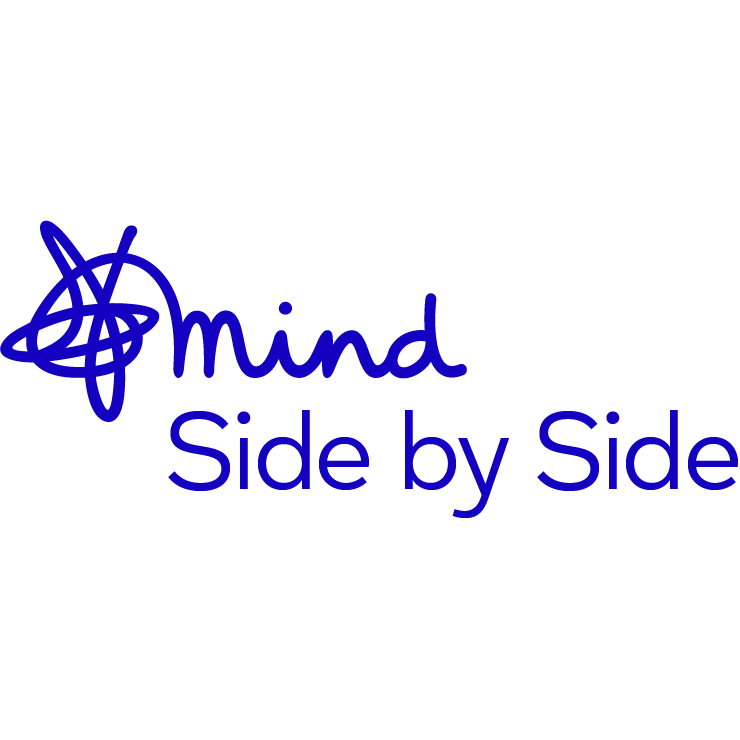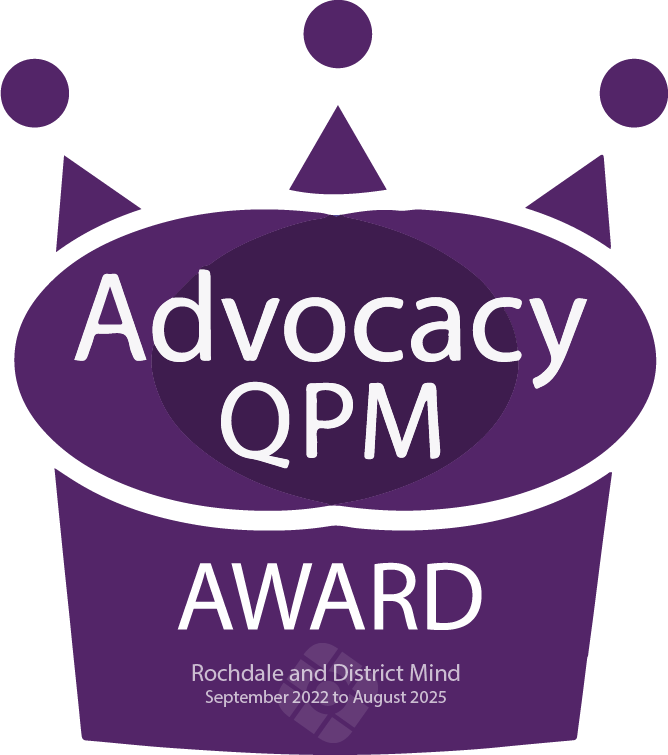Menopause & Mental Health – World Menopause Day 2022
World Menopause Day is held every year on 18 October, to raise awareness, break the stigma and highlight the support options available for improving health and wellbeing.
Menopause is not just a gender or age issue; it is an organisational issue. It can impact on colleagues both directly or indirectly. Awareness on this topic is fundamental and reducing the stigma attached to it is vital so that more people will talk openly about it so people can get the support they need.
What is menopause?
- Menopause is when your periods stop due to lower hormone levels. This usually happens between the ages of 45 & 55.
 It can sometimes naturally occur earlier, or for reasons such as surgery to remove the ovaries (oophorectomy) or the uterus (hysterectomy), cancer treatments like chemotherapy, or a genetic reason. Sometimes the reason is unknown.
It can sometimes naturally occur earlier, or for reasons such as surgery to remove the ovaries (oophorectomy) or the uterus (hysterectomy), cancer treatments like chemotherapy, or a genetic reason. Sometimes the reason is unknown.- Perimenopause is when you have symptoms before your periods have stopped. You reach menopause when you have not had a period for 12 months.
- Menopause and perimenopause can cause symptoms like anxiety, mood swings, brain fog, hot flushes and irregular periods. These symptoms can start years before your periods stop and carry on afterwards.
- Menopause and perimenopause symptoms can have a big impact on your life, including relationships and work.
How can menopause affect your mental health?
The physical symptoms of this transition time can be hard to deal with, and have an impact on someone’s mental health. Lack of sleep can be a huge issue, lowering resilience and making it hard to manage day to day challenges. Symptoms such as memory loss and brain fog can also impact on mental health – leading to increased anxiety, stress and lowering confidence. Additionally, this time of life can see added stresses such as increased caring responsibilities for older relatives, teenage children, and may also tie in with increased stresses at work too.
If this was not enough, the hormonal fluctuations and depleted levels can also impact directly on someone’s emotional health – leading to panic attacks, higher levels of anxiety, mood swings, crying, and low mood. While many GPs might diagnose depression and prescribe anti-depressants, this does not always get to the root cause.
Many people may be prepared for the physical symptoms of this time of life, but find themselves completely floored by the emotional ones, which can have a huge impact. If you are already experiencing mental ill health, or have done in the past, menopause may well make it worse.
Tips on managing your mental health and menopause:
- Don’t be afraid to ask for help. Menopause is something most women go through, but that doesn’t mean you have to just put up with it, if you find your menopause is negatively impacting on your life, do go and see a doctor.
- You know your own body, trust yourself. If your doctor doesn’t think menopause is an issue, get a second opinion. We have seen many cases where women know in themselves that things ‘aren’t right’ and that menopause is the cause, but have had to visit multiple doctors before getting the help they need.
- Don’t think you’re too young! Whilst the average age of experience is 51, peri-menopause starts a few years before periods stop, and you may start experiencing symptoms much earlier than you expect.
- Make some lifestyle changes. Whether you decide to go down the HRT route or not, lifestyle changes can help. Changing your diet – cutting down on alcohol, caffeine, and sugar can be helpful. Exercise can be helpful to lift mood, regulate sleep, and reduce hot flushes.
- Find a support group. Get a menopause group going at your work, or attend a menopause café if you can find one. Talking to others and being in a group can be really helpful for increasing a sense of connection and improving mood.
- Seek mental health support. If you feel like you are struggling mentally and need to reach out to someone, we are here for you. Rochdale and District Mind have a range of support on offer, from one-to-one sessions, Listening Lounge groups and even counselling. Fill in one of our self-referral forms and one of our wellbeing coordinators will contact you to talk through the support you need and get you on your way to better mental health and wellbeing.
Rochdale & District Mind Self Referral Form
Posted on: 18th October 2022








